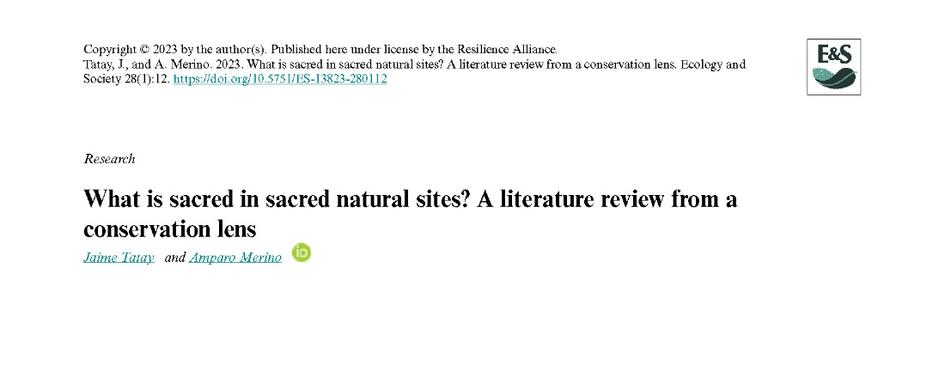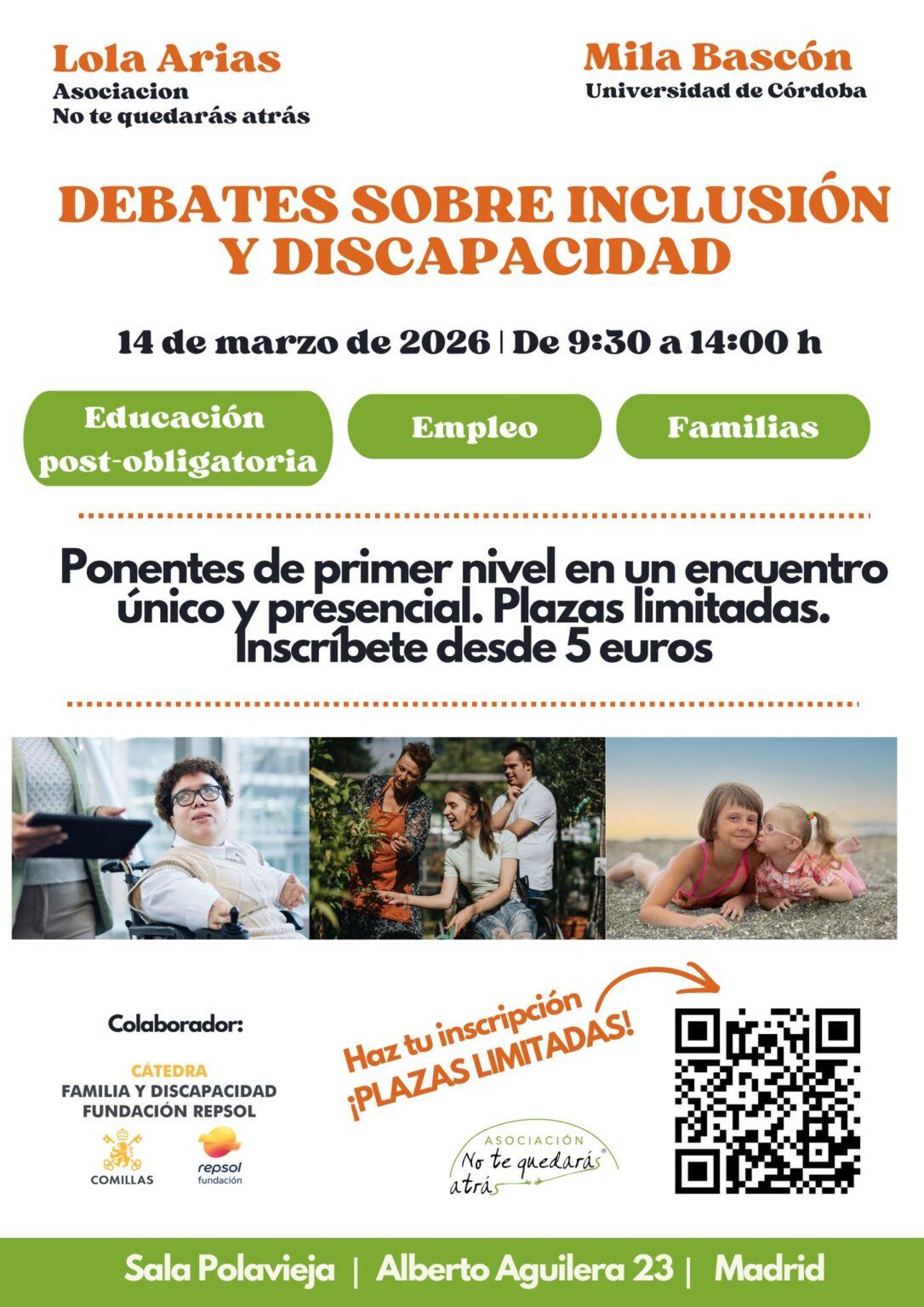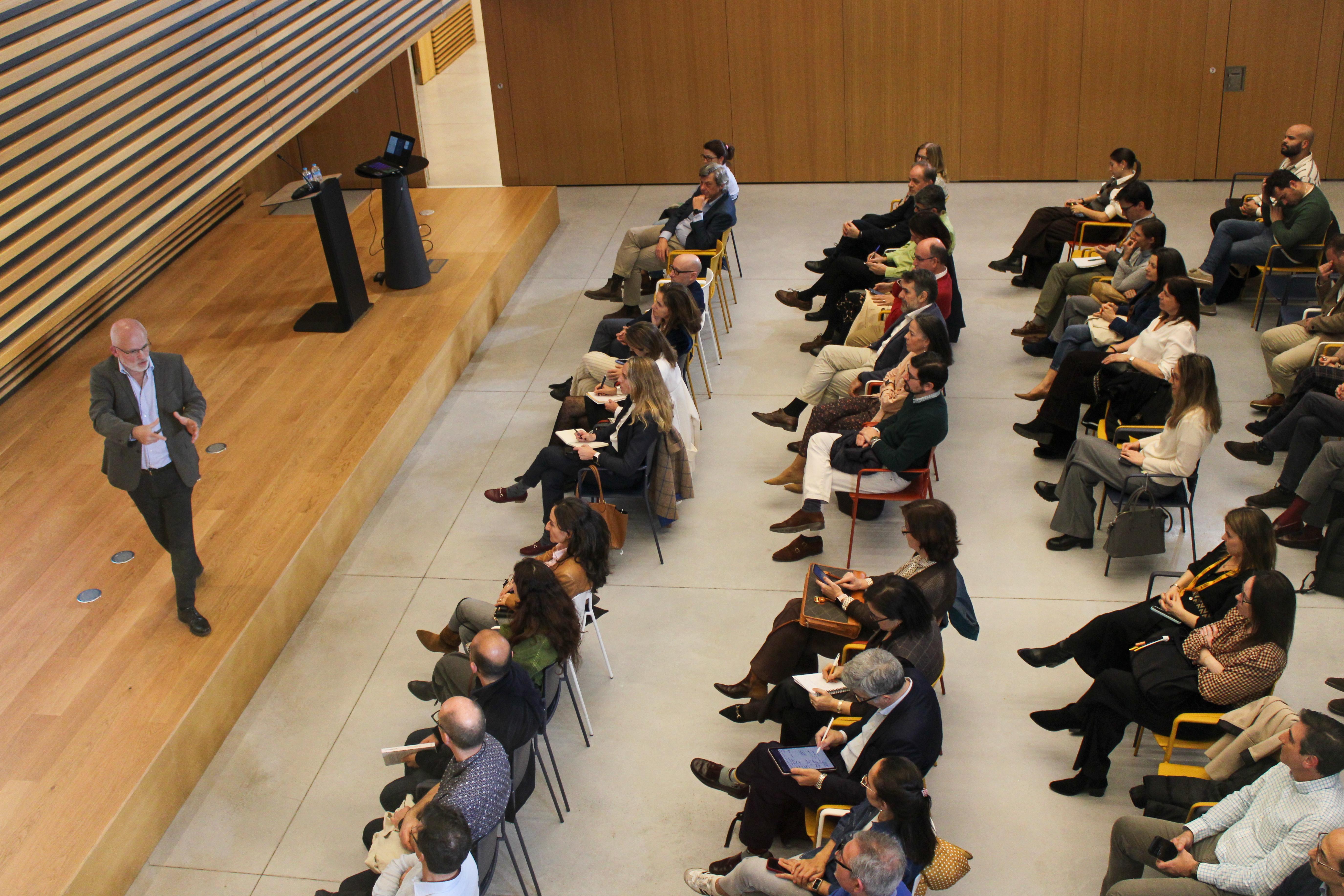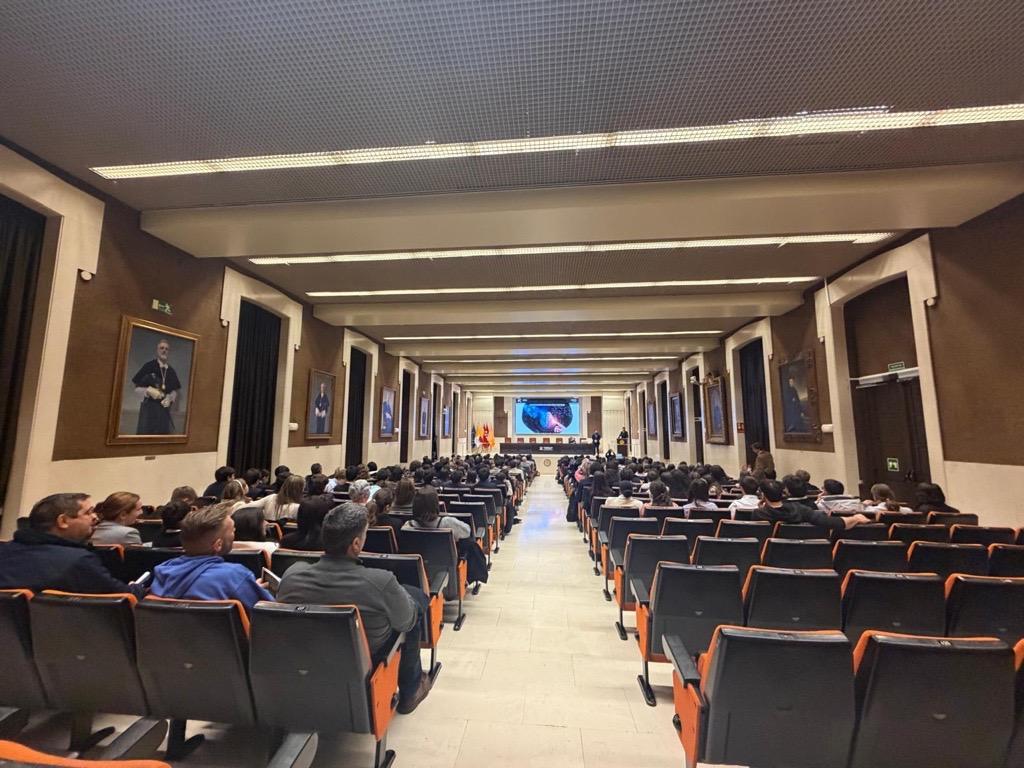“What is sacred in sacred natural sites?”
Jaime Tatay, SJ y Amparo Merino (ICADE) se adentran en las claves de la conservación

El artículo completo se encuentra disponible en acceso abierto
31 de enero de 2023
Jaime Tatay, SJ, perteneciente al Departamento de Teología moral y Praxis de la vida cristiana, es profesor Doctor de nuestra Facultad y co-director de la Cátedra Hana y Francisco José Ayala de Ciencia, Tecnología y Religión. En esta ocasión, junto a Amparo Merino, profesora Doctora de la Facultad de Ciencias Económicas y Empresariales (ICADE), publican un nuevo artículo de investigación sobre los lugares naturales sagrados.
El artículo, titulado “What is sacred in sacred natural sites? A literature review from a conservation lens”, ha sido publicado en la Revista Ecology & Society (vol. 28, núm. 1, DOI: https://doi.org/10.5751/ES-13823-280112).
A continuación, ofrecemos el resumen:
Sacred natural sites (SNS) are valuable biocultural hotspots and important areas for nature conservation. They are attracting a growing attention in academic, management, and political fora. The relevance and implications of the sacred nature of these sites for the multiple actors involved in their management is widely acknowledged. However, the complexities and ambiguities surrounding the notion of "the sacred" have not been researched in depth. Because few previous scholarly works have specifically examined a topic that has profound implications for conservation as well as for the communities inhabiting these sites, we aim to fill in the gap by unraveling the conceptualizations and assumptions of "the sacred" in academic, peer reviewed SNS publications. Through a systematic review of the literature performed from a conservation lens, our findings unveil that: (1) Conservationists and protected areas managers have paid much more attention to SNS than social scientists and religious studies scholars; (2) The sacredness motif tends to be predominantly associated with taboos, bans, and regulations of community-managed resources; (3) The sacred is a highly complex concept often used in a binary, dichotomous way, as opposed to the profane and wild related; (4) An instrumental view of the sacred can limit the potential to include other intangible values in management and exclude relevant stakeholders; and (5) The insights from cultural anthropology, political ecology, and religious studies unveil the power dynamics and hidden assumptions that often go unnoticed in the literature. These perspectives should be included in the management of SNS and in policymaking.
El artículo completo se encuentra en abierto haciendo click aquí.
Toda la actualidad de nuestra Facultad se encuentra en la web, en la newsletter mensual y en Twitter.
También te puede interesar

El próximo 14 de marzo de 2026 , la Cátedra Familia y Discapacidad Fundación Repsol de la Universidad Pontificia Comillas, junto a la asociación No te quedarás atrás organiza la jornada “Debates sobre Inclusión y Discapacidad”, un espacio de reflexión y diálogo que reunirá a profesionales, familias y entidades comprometidas con la inclusión de las personas con discapacidad intelectual.

El Campus Arrupe acogió una nueva Masterclass vinculada al DBA in Management and Technology, con Ignacio Martín Maruri, autor de Autorización. Claves para validarse y vincularse con jefes, pares y equipos, como ponente invitado.

Más de 120 estudiantes analizaron el papel de la inteligencia artificial en la toma de decisiones educativas
